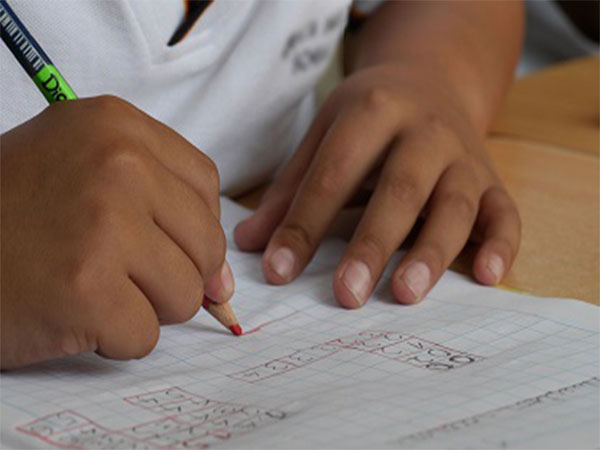
Islamabad: In the face of numerous challenges, ranging from political slugfest and economic turmoil, sectarian violence, Pakistan confronts the falling educational standards.
The Pakistan president, Dr Arif Alvi, said: The country is facing “Education Emergency”, emphasising the need for reform. On the occasion of World Education Day, he advocated for the enrolment of approximately 26 million out-of-school children in Pakistan.
Estimating a deficit of around 50,000 educational institutions, President Alvi said that the big shortage of schools is due to the meagre allocation of funds for education.
Even, the caretaker minister for Federal Education and Professional Training, Madad Ali Sindhi, raised the concerns over inadequate education as a root cause of societal backwardness, contributing to elevated levels of poverty, crime, violence, and terrorism.
Pakistan is grappling with a crisis of out-of-school children, witnessing an alarming rise from 22.02 million to 26.21 million, The News International reported, citing a new report by Pakistan Institute of Education (PIE).
The critical state of education accessibility in the country was highlighted in the preliminary teaser and detailed insights.
The PIE's Pakistan Education Statistics Report 2021-22 made staggering revelations regarding the number of out-of-school children.
As of 2021-22, there are 26.2 million out-of-school children across Pakistan, which raises concern.
Notably, 39 per cent of children in the school-going age group are currently out of school, indicating a persistent challenge in ensuring universal education, according to The News International.
Balochistan stands out with the highest percentage, where a staggering 65 per cent of children are out of school, while Islamabad Capital Territory reports the lowest percentage. In comparison among the major provinces, Khyber Pakhtunkhwa fares better with a 30 per cent out-of-school rate.
Despite a decrease in the percentage of out-of-school children from 44 per cent in 2016-17 to 39 per cent in 2021-22, the absolute number has surged from 22.02 million to 26.21 million during the same period.
This increase is primarily attributed to the population growth rate outpacing the decrease in out-of-school children.
The report further highlighted that at the higher secondary level, a disconcerting 60 per cent of children will be out of school in 2021-22. Further analysis revealed 44 per cent, 30 per cent, and 36 per cent out-of-school rates at high, middle, and primary levels respectively, as reported by The News International.
Notably, a substantial portion of the out-of-school children, totalling 10.77 million, is at the primary level, emphasising the urgent need for targeted interventions.
Economic disparities play a significant role in educational access, with children from the poorest quintile facing the highest disadvantage, evident across all education levels.